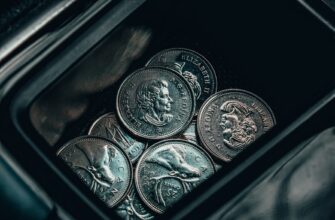Understanding USDT and the Black Market Exchange
USDT (Tether) is a stablecoin pegged to the US dollar, widely used in Nigeria for its stability and ease of cross-border transactions. Due to forex restrictions and limited access to official exchange channels, many Nigerians turn to the black market to convert USDT to Naira. This unofficial market operates outside government-regulated platforms, offering higher exchange rates but carrying significant risks.
Factors Influencing USDT to Naira Black Market Rates
- Demand and Supply: High demand for dollars amid scarcity often drives black market rates higher than official rates.
- Economic Conditions: Inflation and currency devaluation push users toward stablecoins like USDT.
- Government Policies: Central Bank of Nigeria (CBN) restrictions on forex access fuel black market activity.
- Global Crypto Trends: Fluctuations in Bitcoin or Ethereum prices can indirectly affect USDT demand.
How to Safely Exchange USDT to Naira on the Black Market
- Research current rates on platforms like Binance P2P or local crypto forums.
- Use trusted dealers with verified reviews or referrals from reliable sources.
- Verify transaction details before sending USDT, and avoid upfront payments.
- Consider using escrow services to minimize fraud risks.
Pros and Cons of Using the Black Market
Pros: Better exchange rates, faster transactions, and accessibility.
Cons: Legal risks, potential scams, and lack of consumer protection.
FAQ Section
1. Is exchanging USDT on the black market legal?
No, it’s illegal under Nigerian law, but enforcement remains challenging due to high demand.
2. How do I check the current USDT to Naira black market rate?
Monitor crypto forums, social media groups, or P2P platforms, but rates vary by dealer.
3. What are the risks of black market transactions?
Scams, sudden rate changes, and legal penalties if caught.
4. Are there safer alternatives?
Yes, use regulated platforms like Binance P2P or official bureaus de change, though rates may be lower.








